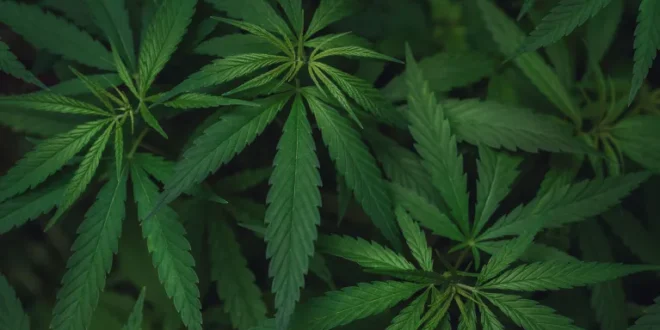On October 17th, 2018, Canada became the first G7 country to legalize the recreational use of marijuana. And today, nearly four years down the line, we will look back at the lessons learned from the legalization of cannabis in Canada.
Cannabis is legal, but it’s not treated like alcohol and tobacco.
While cannabis is legal in Canada, it’s not treated like alcohol and tobacco. One of the biggest lessons learned from the legalization of cannabis in Canada is that it’s important to remember that cannabis is still not a recreational drug. It shouldn’t be treated like alcohol and tobacco, with advertisements everywhere.
Cannabis is still a drug, and it should be treated as such. The government has taken steps to ensure that cannabis is kept out of children’s hands, and they have come down hard on anyone selling cannabis outside of their legal framework. There’s still a lot more work to do, however.
A big black market will remain.
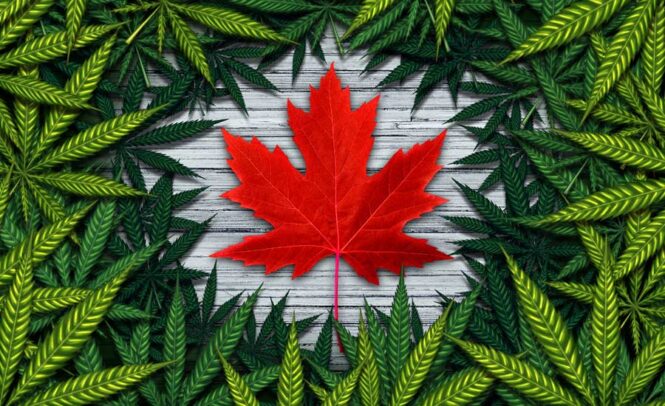
One of the most critical aspects of legalization is that it will reduce access to cannabis for minors. This is especially true if we compare Canada’s legal market with that of places like California and Colorado, which already have lower rates of teen cannabis use than Canada does.
It may be argued that legalization will create a parallel network of “underground” marijuana growers, dealers, and users who are not subject to legal restrictions on age or quantity limits.
Many people who used to buy from illegal dispensaries now buy from licensed retailers but continue to grow their plants at home—a practice known as “home cultivation” or “micro-cultivation.” It can be tempting for businesses not yet eligible for licenses (or those waiting for them) to go underground to make money sooner than later; however, this creates challenges both inside and outside their doors:
- Legal businesses may be forced to compete with underground sellers who can offer lower prices because they don’t have to pay taxes or follow any other rules.
- Illegal growers and dealers face risks such as fines, jail time, and property seizure if caught by police.
- Growers, dealers, and legal dispensaries may all be at risk of exposure if they are associated with an illegal operation.
- Customers who buy from black market sellers might not know what chemicals were used on the product or where it came from—and could be putting themselves at risk for exposure to hazardous materials or even human trafficking.
Government agencies will make cannabis their business.
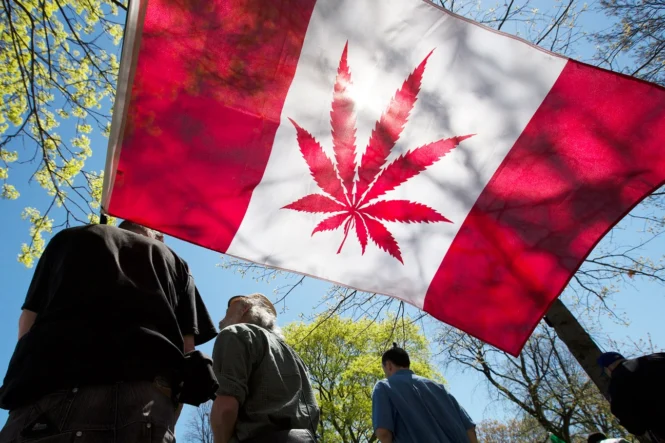
The government agencies will be the biggest winners in the industry. The cannabis industry was previously illegal, and governments have been able to profit from taxes that they otherwise would not have been able to collect. They also benefit from allowing their citizens to use cannabis legally while ensuring that they use it responsibly. Furthermore, this could lead to more employment opportunities within government bodies related to regulating and policing the new legal market for the recreational use of cannabis products.
It is important to note that there will always be a stigma attached to being arrested for possessing marijuana or any other controlled substance, even though it has been legalized across Canada. However, this stigma should not stop people from trying out new products that are available on store shelves now. When the use of marijuana was legalized, this created a need for a new system of regulations. The whole point of legalization is to create a safe environment for Canadians who use cannabis products recreationally and those who need it medically.
State-run stores are coming for your business.
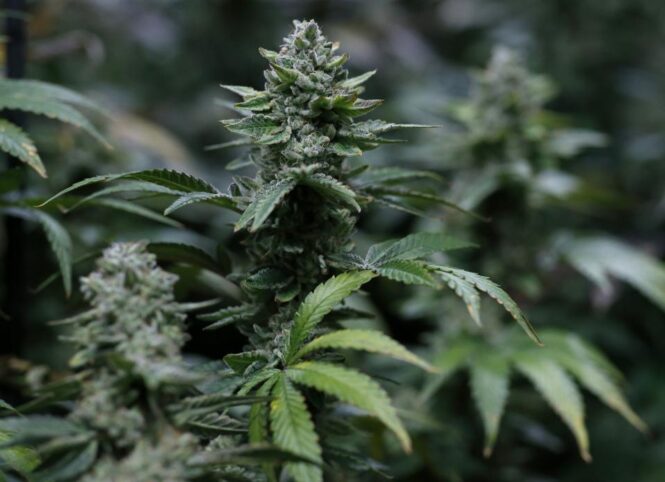
One of the biggest changes you’ll notice when legalization kicks in is that storefronts will change. While there’s still a place for independent retailers, the legal market also includes state-run stores called the Ontario Cannabis Store (OCS). These stores sell cannabis products through an online store and by phone. The OCS is also partnering with the country’s biggest private retailers to create a network of brick-and-mortar locations.
These new government-run shops provide customers with a broader variety of products than before legalization. While this is great for the consumers, it’s not the best case for that local Cannabis and CBD Dispensary (see Kolas.com as a provider) you used to go to. The government, and ultimately the people of Ontario, are the ones who decide how cannabis is distributed in the province.
This is a good case study for the US because Canada is currently the only G7 country to legalize recreational marijuana. However, US states like Colorado and Washington have already proven that legalization doesn’t just mean more tax revenue for the government but also more jobs, economic growth, and industrial expansion.
Big Pot wants to get even bigger.
With the legalization of cannabis in Canada, many hope it will be a new era for the country. The next few years will be crucial as they determine how best to move forward with this new industry. But one thing is certain: the big pot wants to get even bigger.
The most prominent companies in the world want to expand their reach, and they’re doing so through an aggressive acquisition strategy that has already seen them acquire some of Canada’s most sought-after brands. They’re also keen on getting into other sectors, such as pharmaceuticals and food and beverages (the latter could mean anything from cannabis-infused coffee creamer to pot-flavored candy). These acquisitions will help these companies increase their market share while ensuring consumers have easy access wherever they shop or eat out at restaurants—even if they don’t buy their product directly from the big pot itself.
This aggressive expansionism has led many investors who previously supported small businesses looking for ways into this growing industry now reconsider their positions because there are now fewer opportunities available due to all these mergers happening between prominent players like Canopy Growth Corporation (CGC), Aurora Cannabis Inc., Tilray Inc., etcetera.
There may still be no place to smoke in public. Way to go, California!
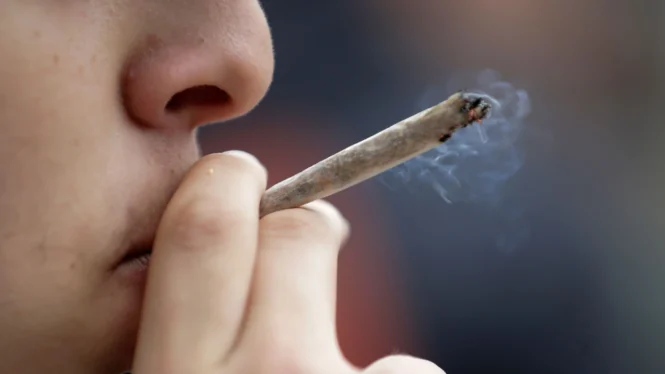
But, it’s not all bad news. As the industry continues to grow, more and more people are learning about its benefits—and some of them are even becoming advocates for cannabis legalization in their own right! This includes former U.S. Attorney General Jeff Sessions, who infamously tried to enforce federal law on marijuana by rescinding Obama-era policies that protected states with legal medical or recreational marijuana programs from federal interference.
Conclusion
The legalization of cannabis is not a done deal. While the Canadian government has made strides in its approach to cannabis, there’s still plenty of work to be done. There will be many more unintended consequences that we can’t foresee, but one thing seems inevitable: Canada will continue to lead the world in the development of new approaches to drug policy.
 Imagup General Magazine 2024
Imagup General Magazine 2024
